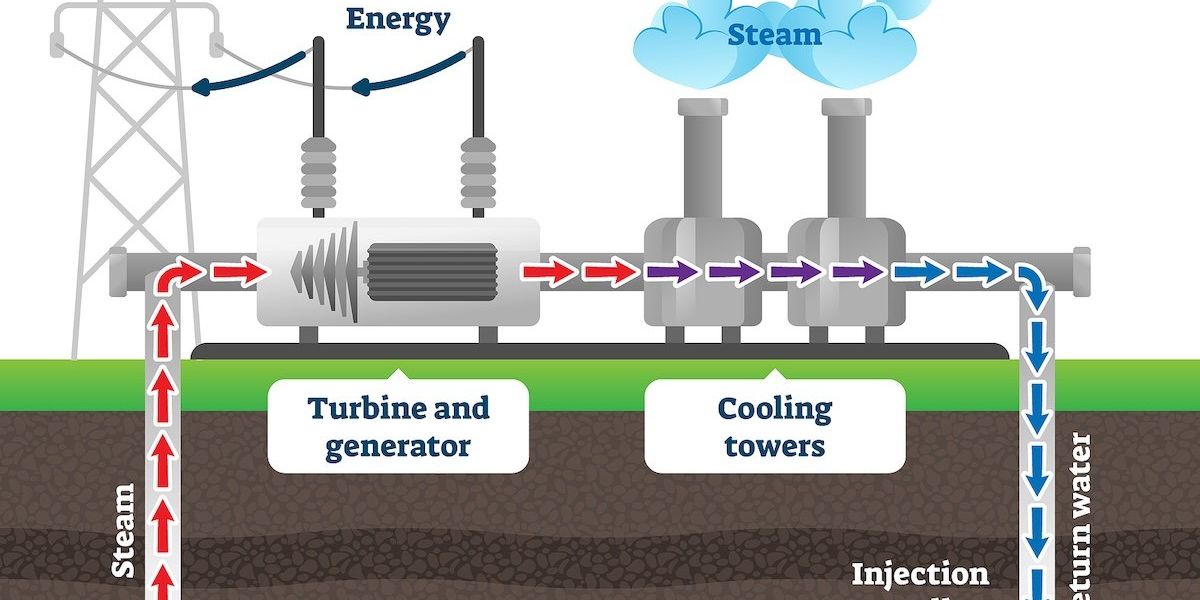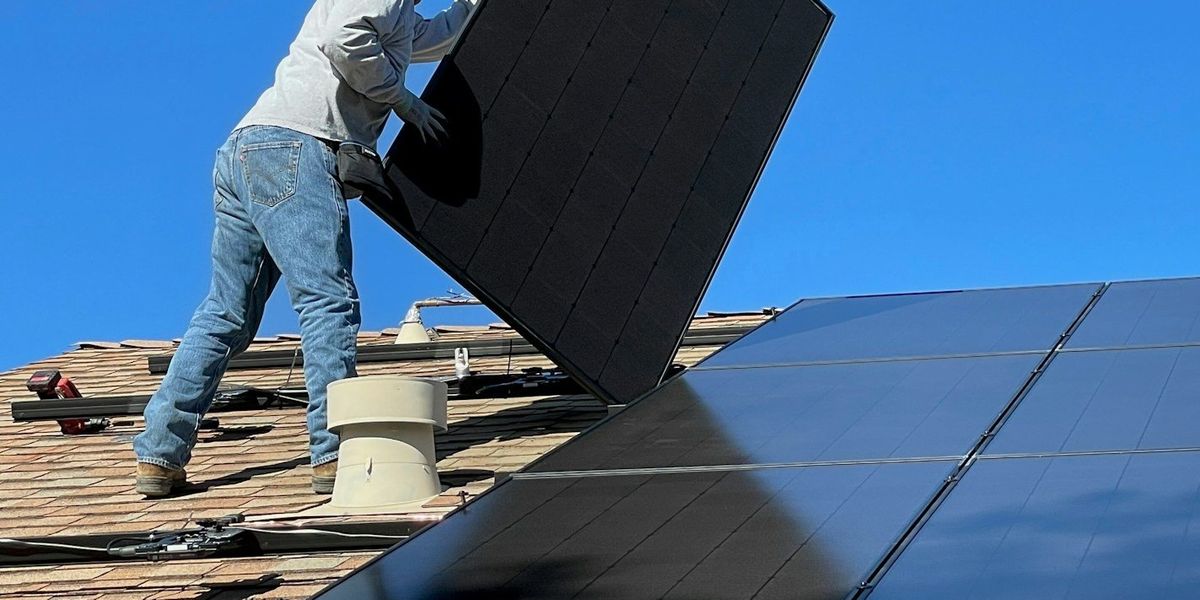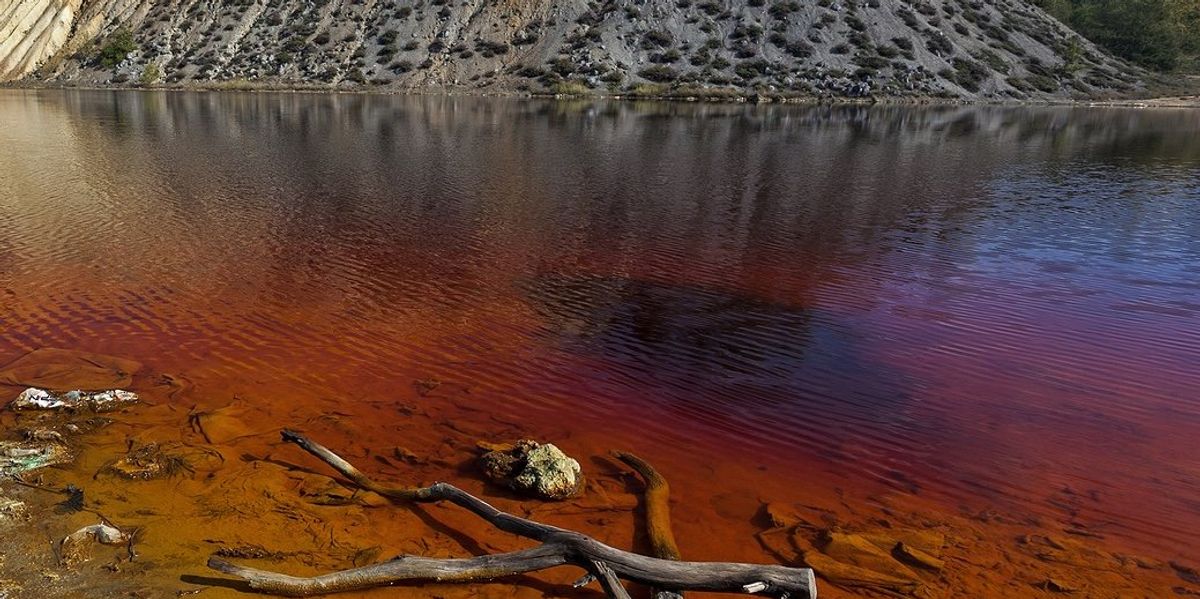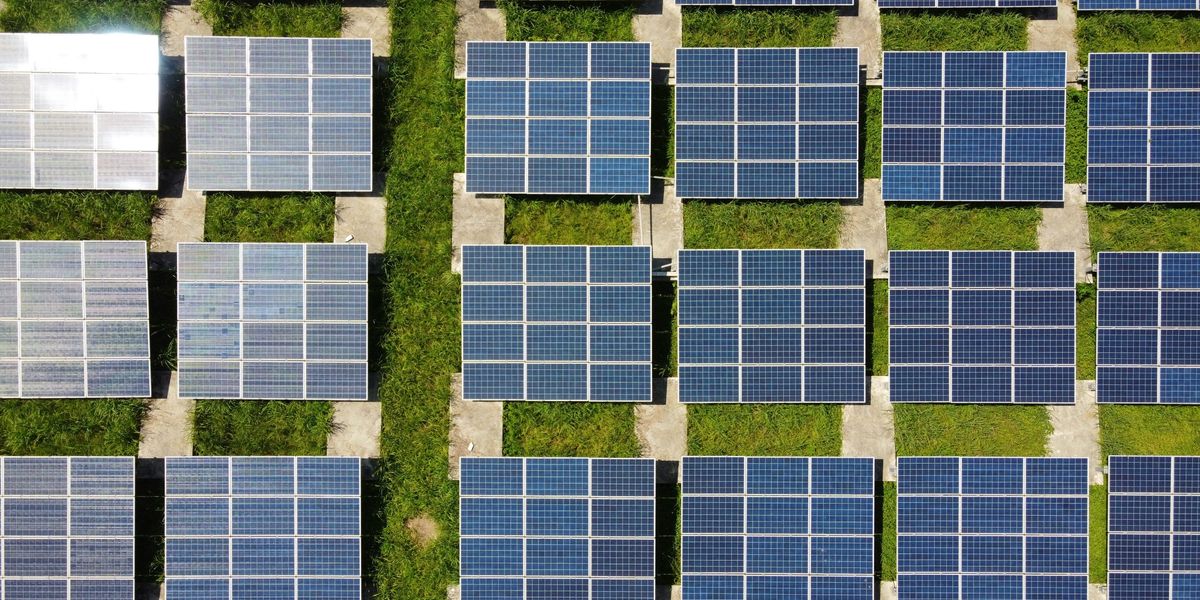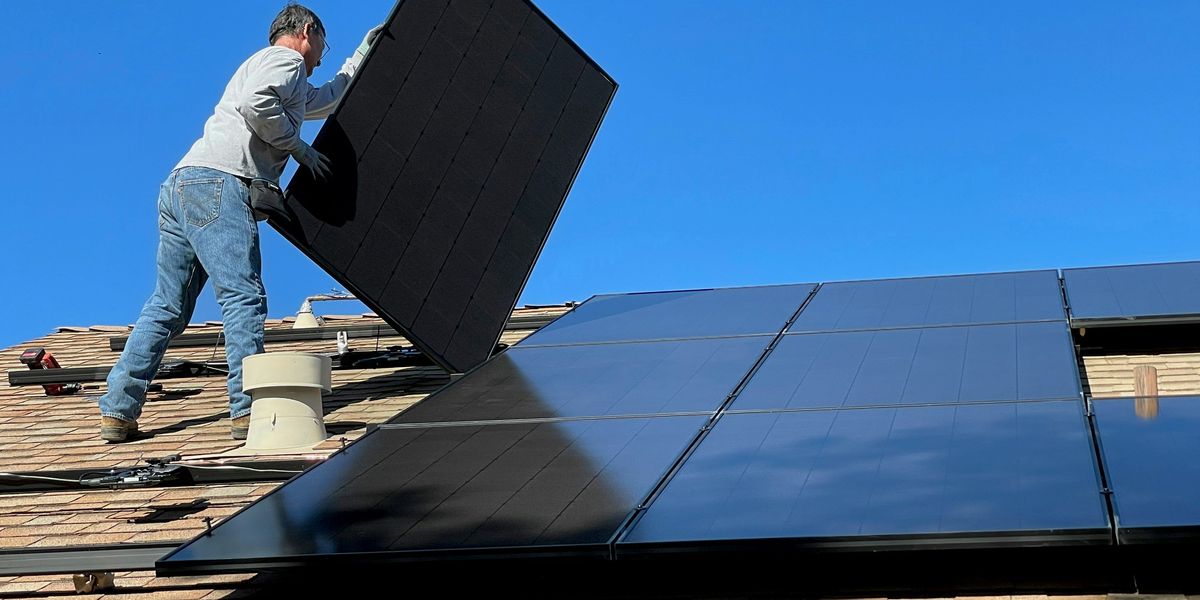
GOP lawmakers break ranks over carbon capture projects in Louisiana
A widening rift within the Republican Party is casting uncertainty over the future of carbon capture projects in Louisiana, where homeowners and environmental concerns are driving pushback against an industry-backed climate technology.
Terry L. Jones reports for Floodlight.
In short:
- Dozens of proposed carbon capture and storage (CCS) projects in Louisiana face resistance from Republican lawmakers, with bills introduced to ban or pause the technology citing safety, property rights, and public opposition.
- Critics, including Florida Gov. Ron DeSantis and local residents in areas like Lake Maurepas, argue that CCS benefits the fossil fuel industry while exposing communities to risks such as groundwater contamination, CO2 leaks, and land seizures.
- President Trump’s administration may pull funding for direct-air capture hubs, signaling a shift in federal support for CCS that could influence national Republican sentiment.
Key quote:
“I don't think (CO2) ought to be stored under state lands, because the majority of the people of Louisiana don't support it.”
— State Rep. Danny McCormick
Why this matters:
Carbon capture and storage has long been promoted as a compromise technology — a way to keep burning fossil fuels while capturing and storing their emissions underground. But mounting backlash in Louisiana, particularly from communities historically harmed by industrial pollution, shows how this “solution” is losing favor across political lines. Many opponents question whether the promised benefits of CCS — like lowered carbon emissions — outweigh the potential costs, especially when those costs are borne by people living near pipelines, injection wells, or potential leak sites. Concerns about earthquakes, toxic groundwater contamination, and forced land use through eminent domain have stirred resistance, even in regions that once supported fossil fuel development.
Related: Op-ed: We don’t have time for another fossil fuel bridge


